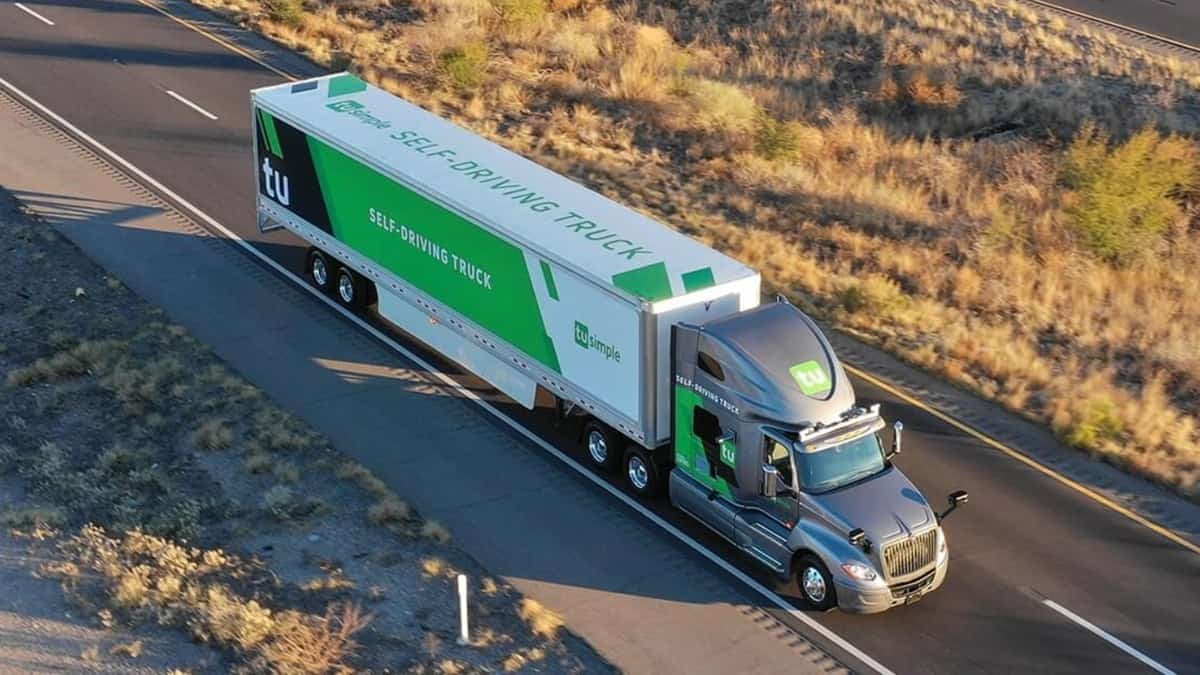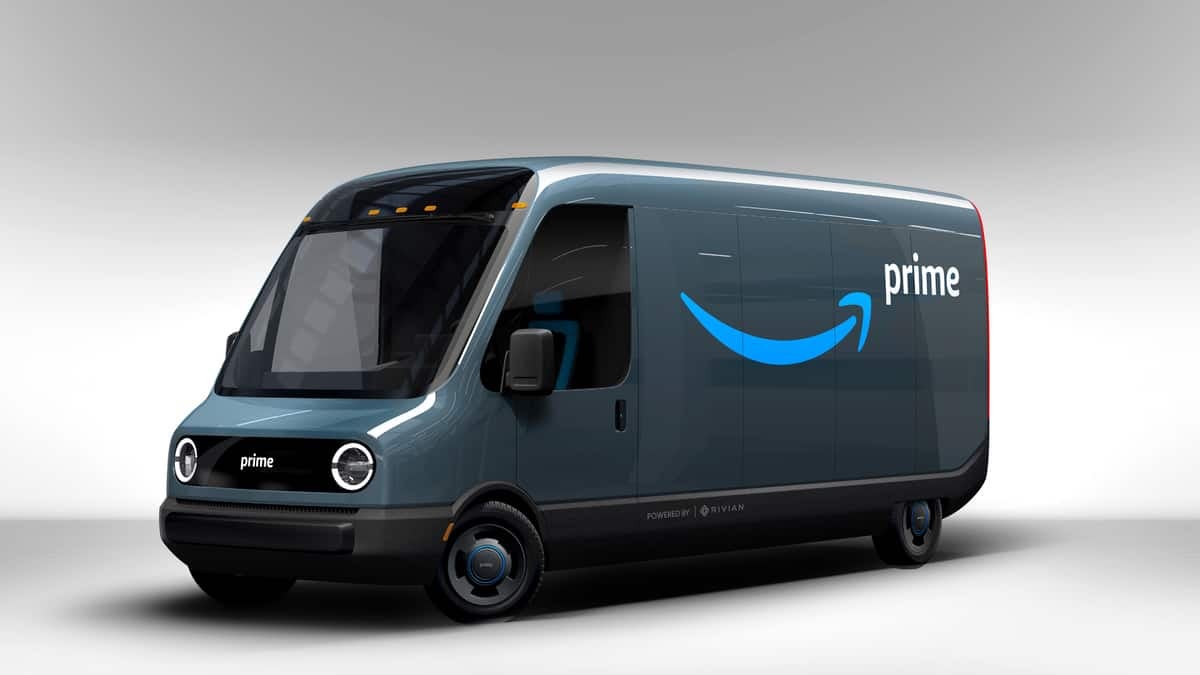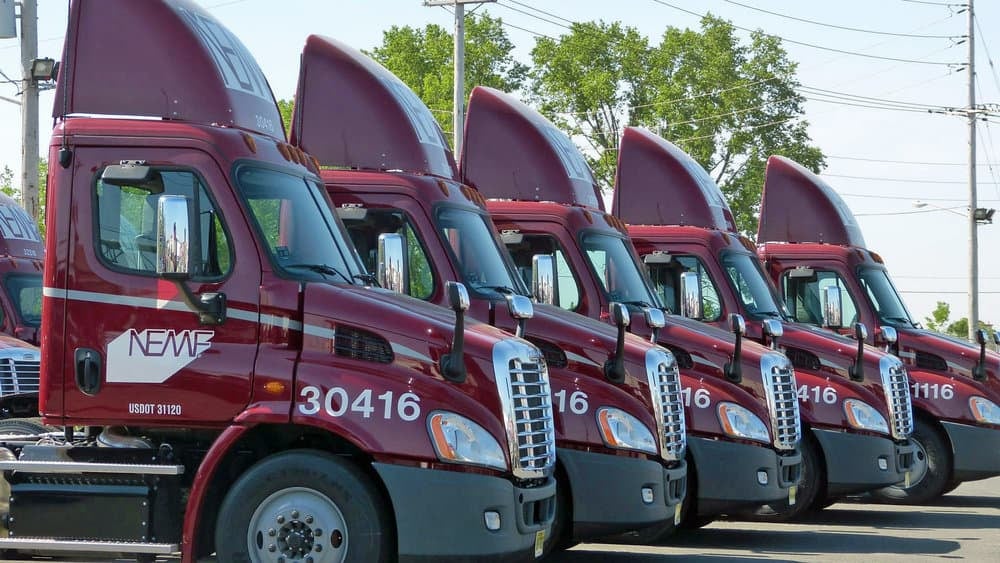The news we pay attention to every day is a harbinger of how events will unfold in the near future. As we enter 2020 and the beginning of a new decade, here are three news items that may be indicators of phenomena worth watching in the trucking industry between now and 2023.
Celadon’s Chapter 11 bankruptcy filing – industry structure
News about Celadon’s Chapter 11 Filing on December 8 has consumed the trucking industry. That news has been very well covered by FreightWaves and other news outlets. As reported in FreightWaves, Celadon’s bankruptcy is significant because it’s the largest for a truckload carrier. Celadon’s bankruptcy is also interesting because it followed on the heels of the SEC charging the company with accounting fraud in April, and on December 3, the SEC indicted William Eric Meek – Celadon’s former President and Chief Operating Officer, and Bobby Lee Peavler, Celadon’s former Chief Financial Officer on charges of corporate fraud and accounting malpractice. Basically, they hid Celadon’s financial losses through accounting shenanigans.
Celadon is only the most recent and the most visible in a spate of trucking company bankruptcies in 2019. By certain counts nearly 800 trucking companies have already declared bankruptcy in 2019, more than doubling the count in 2018.

Convoy automates freight brokerage – automation
On December 18, Convoy announced that it had reached 100% automatic freight brokering in top freight markets. The image below illustrates what this means.
This follows on the heels of the startup having raised a $400 million round of venture capital financing just last month. Convoy and several other startups like Uber Freight and Transfix have been working on refashioning the business of freight brokerage, and venture capitalists have shown an appetite for financing these startups.
The theme of automation goes beyond business process automation, such as that reported by Convoy. Other technology startups are working on automated trucks. For example, over the course of 2018 and 2019, Embark and Plus.ai reported milestone accomplishments in developing technology for autonomous trucks, with each reporting successful tests of that technology in cross-country trips.

Also, TuSimple announced a pilot with the U.S. Postal Service in which TuSimple’s autonomous trucking technology would be used in a pilot to transport mail.
Fully automated trucks may take a while yet to become a reality that significantly affects incumbents. However, Convoy’s announcement suggests that business process automation in the trucking industry is closer than we realize.

The Amazon effect – pricing and technology
Profit margins in the general freight trucking industry are thin. The trend of ecommerce growth coupled with the practice of offering free next-day delivery to consumers has already compressed, and will continue to compress, the profit margins that general freight trucking companies earn.
Trucking companies that operate in the spot-market are in a position of weakness relative to shippers, and the volume of ecommerce shipments does not matter if every extra shipment is a loss-creating shipment for the trucking company that transports it.
Further, Amazon is investing a great deal of talent and capital into building its logistics capabilities. Charley Dehoney, my #MarketVoices counterpart, wrote an article which ran on FreightWaves on October 29, Logistics as a lambda function. His article describes what is happening in detail. As Amazon Logistics’ capabilities have increased, it has started competing more directly and robustly with UPS and FedEx.
What questions do these events raise?
Broadly speaking, here are the questions these events raise:

First, given New England Motor Freight’s bankruptcy filing on February 11, and how the rest of 2019 unfolded for the trucking industry, does this year mark the beginning of a shift in the structure of the general trucking industry?
Second, given the amount of venture capital available to startups seeking to automate the trucking value chain, is 2020 the year when digital freight brokers will start to have a meaningful impact?
Third, what effect will Amazon’s investments in building its logistics network have on the trucking industry?
Do you think the next two or three years will be business as usual in the trucking industry, or do you think we may be witnessing significant changes taking place in the industry? Let us know by leaving a comment below.If you are a team working on innovations for the trucking industry, we’d love to tell your story in FreightWaves. I am easy to reach on LinkedIn and Twitter. Alternatively, you can reach out to any member of the editorial team at FreightWaves at media@www.freightwaves.com.

Trans-Contractors Group
I enjoyed this article. It paints a hopeful appearance from one perspective of the trucking industry. When it comes to identifying problems in the trucking industry. We can all say that there are other things that could top this list and opinion. While autonomous trucks will be a part of our transportation industry within the next 20 of 30 years. It’s the integration process that’s going to wreak havoc on the retail market and rest of the country. Considering the baby boomers are will reach the age of 56 in 2020, the signaling the massive migration of the largest population of the labor force reaching retirement age, goal or physical ability. Theoretically speaking that gives us six years to have 70% of the trucking industry running autonomous vehicles. Also millennials don’t like Trucking and women are still a minority in the industry and don’t forget our infrastructure is crumbling (roads and bridges are being decommissioned at an astonishing rate) Now, some good news. My company and I believe we have an answer that bridges the gap between labor sustainment and autonomous technology integration. Currently, their are over 10 million license commercial drivers in the United States. We want to integrate a transportation technology system to filter through this pool of 10 million in order to find 105,000 of the best truck drivers in the country. These drivers are special in that they operate as a sole proprietorship under contracts with trucking companies during peak hours of operations which is roughly 5-7 months annually. We (as a fledgling company) foresee cohesion, innovation, economic prosperity and safety for the trucking industry of tomorrow. Anyone reading interested in helping monumental task. Please feel free to visit our website and social media sites. Supporting our goal brings efficiency to all. http://www.transcintractors.com
Stephen Webster
Self driving trucking is a mistake the solution is more freight on the rail and better hourly pay of truck drivers and more relayed loads.
Dale Mandelt
For owner operators it is collapsing around us ,government regulations, cheap rates, break downs,and escalating fuel prices is killing us some faster than others.
Noble1
Quote :
“Do you think the next two or three years will be business as usual in the trucking industry, or do you think we may be witnessing significant changes taking place in the industry?”
Absolutely significant “change” ! We are witnessing a progression in change within the industry , and not only in this one .
If I may quote a little further within the context of revolution(change) ,
Quote :
“1. Financial-agricultural revolution (1600–1740)
2. Industrial revolution (1780–1840)
3. Technical revolution or Second Industrial Revolution (1870–1920)
4. Scientific-technical revolution (1940–1970)
5. Information and telecommunications revolution, also known as the Digital Revolution or Third Industrial Revolution (1975–present) ”
After 2000 there became popular the idea that a sequence of technological revolutions is not over and in the forthcoming future we will witness the dawn of a new universal technological revolution. The main innovations should develop in the fields of nanotechnologies, alternative fuel and energy systems, biotechnologies, genetic engineering, new materials technologies and so on ”
End quote.
Therefore what we are currently witnessing in the trucking industry is not a “surprise” per se . It’s simply a continuation from horse and buggy and ships to rail , and then to aircraft and automobile , and from automobile and aircraft to spacecraft .
Currently we appear to be in a progression of developing & embedding(for lack of a better word) technology in road transportation at a faster pace . We are embedding technology(robotics ect) just as we did and continue to do in industrial and manufacturing sectors . In fact road and rail(in western countries vs Asia) transport is the least developed compared to other forms of transportation such as aircraft and spacecraft ,: ie; autopilot etc .
The trucking industry has become extremely competitive , therefore change is inevitable . Competition on the positive side , is the lever engendering inevitable change . Further embedding technology within commercial road transportation will render it more efficient and more profitable etc . for some . That’s not to say it won’t come along with “bugs” . However , just like with everything else , we learn and improve as we progress .
So yes most definitely the digital revolution is progressing within road transportation and within the “commercial trucking industry” as it is in many different sectors and industries .
That being said , are we as a species progressing and evolving as quickly as our technology(material creations) ? Are we still deceiving one another ? Are we still creating inequality among each other ? Are we still “fighting” one another for justice ? Perhaps that should be something upon which we should ponder . We are intelligent enough to create “machines” and technology for these machines to communicate with one another . However, we as a species appear to be evolving at a much slower pace compared to our “material” creations .
In my humble opinion ……….
vanessa hernandez
Think about the big picture! Driver shortage is not new. In fact, hopefully some of the other large carriers can employ these drivers and help their families. Less truck in the markets means tighter capacity, which in most cases lead to higher customer cost. Trucking will survive. Most companies understand the need to innovate and automate. I agree many of your articles are gloom and doom. Print something positive because there is a lot of that in out industry. We care about driver? Customers, families and our community.
Tom Yates
Being a driver for 42 years I have seen nothing
good happen in this Industry, I was employed by NEMF
for 13 years , never did I think that the owner would
close, Try pointing the finger where it needs to be
pointed. FMCSA , I would love to meet one of those
people that have ever driven a truck, or know what it is
to be a truck driver. That will never happen because they
don’t exist. Try living in the real world and actually work for a living.
Ron
Who will have enough money to buy anything, early retirement for everyone, at least Hollywood gave us a heads up.🗿
Art Parrino
You people need to get your facts straight or do a better job of editing your stories. Celedon was not even close to being the largest truck load carrier and you or your reporters need to stop and think before they write and you print a story. All you read about is how the industry has such a large driver shortage, well companies going out of business is one way to solve the problem. Second fact that is not stated is they were a marginal carrier that was totality corrupt. Any group that lets drivers brag about 4000 mile weeks is not following the law or not using ELD. I have 52 years in the industy and I know what 4000 mile weeks look like. Legally you can only work 60 hours in 7 days or 70 hours in 8 days, Legally you can’t average over 55 miles per hour. With all the new rules and regulations show me how it can be done. Over my career in the industry thousands of carriers have gone out of business and the industry has survived. The way you write some of your stories,you leave the impression that every part of the iindustry in on the verge of collapsing.
Abe F.
The article didn’t say that Celadon is the largest truckload carrier. It said that they’re the largest to have filed for bankruptcy.
I don’t know of a larger truckload carrier – based upon power units – that has gone bankrupt. Maybe there is one but for my memory – Celadon is the largest truckload carrier to go bankrupt, which is the assertion of the author.
Craig Leonard
Art, when you say that “you people need to get your facts straight” I think you need to take a breath and reread the article. What the reporter clearly said was “Celadon’s bankruptcy is significant because it’s the largest for a truckload carrier.” Not that Celadon was the largest truckload carrier. Clearly talking about the size of the bankruptcy, but….you know….they are the ones that need to get their facts straight.
Read Carefully
“Celadon’s bankruptcy is significant because it’s the largest for a truckload carrier.”
They are the largest bankruptcy of a truckload carrier this year. I don’t see any claim of them being the largest truckload carrier.
Gary Terry
No one said Celadon was the largest carrier. Just the largest to file bankruptcy.
Nancy Hallbauer
I think that large carriers bought to much in the good years and then when things got lean again they did not have enough cash to repair or replace equipment. New England Motor Carriers and several others in the news that went out this last year, stated they did not have the funds to fix or replace outdated equipment.